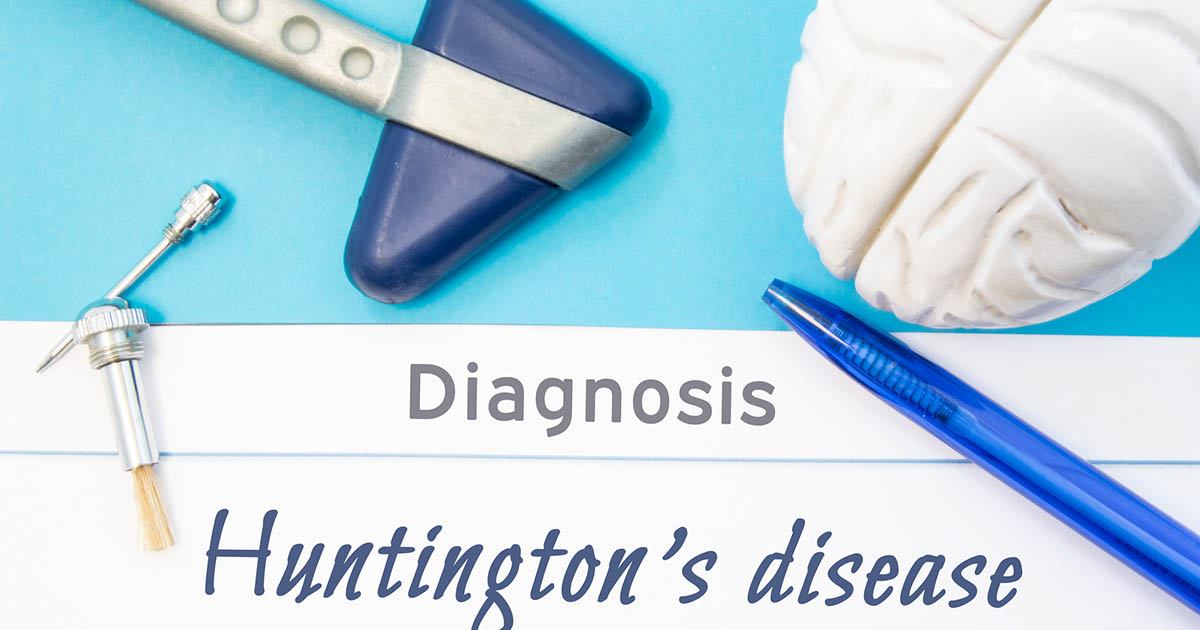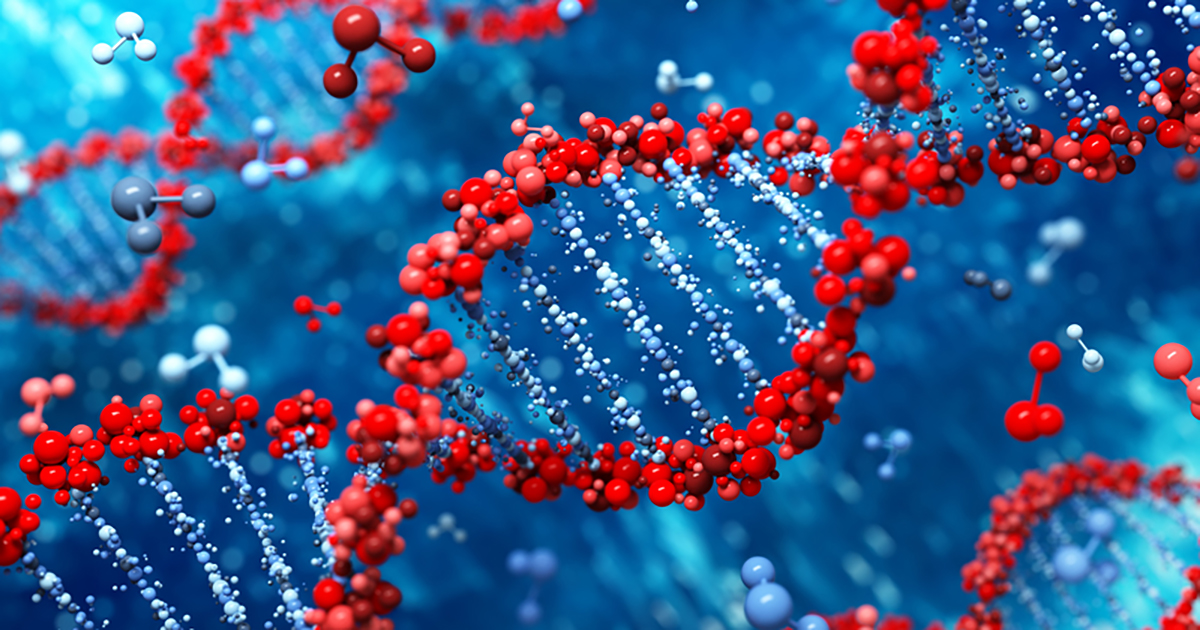Understanding Huntington's Disease
Huntington's disease is a progressive, inherited brain disorder. With Huntington's disease, the group of nerve cells at the brains base, known as the basal ganglia, are damaged. This causes areas of the brain to deteriorate. A child with a parent who has Huntington's disease has a fifty percent chance of inheriting the disorder themselves. Both sexes have the same risk, and Huntington's disease affects all races. This disease can occur at any stage in life from childhood to advanced age.
Get to know the full scope of Huntington's disease now.
Functional Effects Of Huntington's Disease

Huntington's disease symptoms most common begin appearing between the ages of thirty and fifty but have been seen to appear as early as two years old and as late as eighty years old. Huntington's disease affects all areas of the body including legs, arms, face and upper body, as well as thinking, emotion, and memory. Common functional symptoms include rigidity of muscles, involuntary jerking of muscles, muscular contractures, problems with balance and gait stability, gait impairment, abnormal eye movement and difficulty with speech and swallowing. There is a diagnostic genetic test available that can confirm whether symptoms experienced are the result of the disease. Managing symptoms is the priority as there is currently no cure for Huntington's disease.
Continue reading to reveal the cognitive effects of Huntington's disease now.
Cognitive Effects Of Huntington's Disease

Cognitive tasks refer to knowing, thinking, organizing, judging and remembering. Huntington's disease progressively impairs cognitive functioning and uniquely affects individuals. Some cognitive symptoms of Huntington's disease include having difficulty learning or recalling information, struggling to find the right words, an inability to make decisions, focus and remain on task, having difficulty staying organized and prioritizing, and being unable to control impulsive behavior. Cognitive symptoms tend to worsen as time passes and patients tend to experience them in a similar pattern. Earlier symptoms include impairments to processing information, organizing and initiating activities, while later symptoms tend to involve difficulties with communicating and expressing views. Fortunately, there are some cognitive abilities that tend to remain intact, such as the ability to understand information.
Learn about the psychiatric effects of this condition next.
Psychiatric Effects Of Huntington's Disease

Huntington's disease patients may experience symptoms of mental illness like social withdrawal and isolation, feelings of sadness or irritability, depression, insomnia, lethargy, fatigue, thoughts of death and suicide, delusions, hallucinations, and anxiety. Such psychiatric symptoms are often experienced as the most distressing aspect of the disease. Hospitalization is sometimes required. Some typical behavioral changes include bipolar disorder and obsessive-compulsive disorder, which are largely the result of the impact of the disease on the brain's neurons. Treatment includes medication to help manage psychiatric symptoms and doctors recommend that a patient's treatment plan along with their goals be regularly reviewed and updated.
Get familiar with the complications linked to Huntington's disease now.
Huntington's Disease Complications

After Huntington's disease starts, a patient's ability to function progressively worsens. The rate of duration and progression varies from patient to patient. From the disease's emergence to a person's death is a rate of around ten to thirty years. When the diagnosis is juvenile Huntington's disease, death usually occurs within ten years of the first symptom manifestation. Since many Huntington's patients have clinical depression or bipolar disorder, there's a higher risk of suicide. There's research indicating the greatest suicide risk occurs prior to diagnosis and in the middle stages of the condition when patients are starting to lose their independence. Individuals with Huntington's disease eventually need help with all day-to-day care and living activities. In the late stages, patients tend to be confined to bed and unable to speak. Death is commonly caused by injuries related to falls, pneumonia, other infections, or complications due to trouble with swallowing.
Learn the facts about diagnosing Huntington's disease next.
Diagnosis Of Huntington's Disease

A preliminary diagnosis of Huntington's disease usually includes a general physical exam, a review of the patient's family's medical history, and answers to a series of questions including psychiatric and neurological examinations. In a psychiatric evaluation, a psychiatrist may ask questions regarding the patient's emotional state, patterns of behavior, coping skills, quality of judgment, any signs of disordered thinking, and substance abuse. A neurological examination may consist of a series of simple tests to judge motor, sensory, psychological and neuropsychological symptoms. A brain imaging scan and genetic testing for the defective gene may also be recommended. If Huntington's disease exists as part of the family's medical history, but the patient has no symptoms, a predictive genetic test may be done. The results of a genetic predictive test have no treatment benefit, but some individuals prefer to know whether they will have the disease rather than live with the stress of not knowing.
Discover information about the medication used to treat Huntington's disease next.
Medications To Treat Symptoms

There aren't any treatments that can change the course of Huntington's disease, but there are medications that can help manage symptoms. Medication regimens tend to change as the disease progresses. For movement disorders, the United States Food and Drug Administration (FDA) has approved tetrabenazine to suppress the jerking movements that occur.
However, there is a risk of triggering or worsening psychiatric issues. Antipsychotic drugs like chlorpromazine and haloperidol can sometimes suppress movements as a side effect, but they may make involuntary contractions worse. Other medications that might suppress chorea are levetiracetam, clonazepam, and amantadine. In high doses, amantadine might worsen the cognitive issues, levetiracetam can cause nausea and mood swings, and clonazepam might cause drowsiness or potential dependence. Common medications for psychiatric issues include antidepressants for depression and obsessive-compulsive disorder, antipsychotics for psychosis and mood disorders, and mood-stabilizing drugs to treat bipolar disorder.
Get the details on therapies used to manage Huntington's disease next.
Therapies Used To Manage Symptoms

There are multiple therapies used to manage the symptoms of Huntington's disease. A psychotherapist can help patients manage their behavioral issues, develop strategies for coping, and manage their expectations throughout the disease's progression. They can also make sure family members communicate effectively. Speech therapists can help improve a patient's ability to speak and also teach them to use communication devices like boards with pictures. They can also help patients with difficulties in the muscles used for swallowing and eating. Physical therapists teach Huntington's disease patients safe and appropriate exercises to help with coordination, balance, strength, and flexibility, so they can maintain their mobility for as long as possible. They can also help patients learn to use mobility devices properly. Finally, occupational therapists can help patients with new strategies and assistive devices for doing day-to-day tasks.
Continue reading to learn more about managing life with this condition now.
Managing Life With Huntington's Disease

Living with Huntington's disease is demanding, and as the disease progresses, the patient becomes increasingly dependent on their caregivers. Some issues to address and strategies to help with coping include eating and nutrition, managing cognitive and psychiatric disorders, and planning for residential and end-of-life care. Individuals with Huntington's disease often have difficulty maintaining a healthy body weight because of difficulty eating and physical exertion or unknown metabolic issues, so may require more than three meals a day and dietary supplements to receive adequate nutrition. Caregivers should create a peaceful environment for the patient and employ strategies such as calendars and schedules for a routine, breaking down tasks into manageable steps, and avoiding known stressors. Residential and end-of-life care should be anticipated in the advanced stages of Huntington's disease and issues to address may include care facilities, hospice care, living wills, and advance directives. There are numerous non-profit and government agencies to help patients and their families cope with the disease.
Reveal information about preventing Huntington's disease next.
Preventing Huntington's Disease

Huntington's disease is a genetic disorder, so there aren't ways to prevent the disease from developing after an individual is already born. However, parents with a family history of the disease might wish to make use of genetic testing and talk to a genetic counselor about their family planning options. Genetic counselors help at-risk parents understand the risks of having a positive test result, which means the parent will develop the disease themselves. Couples will have to decide whether to have children or use alternatives like prenatal genetic testing or in vitro fertilization using donor eggs or sperm. There's also an option for couples to use in vitro fertilization with a genetic diagnosis before implantation. With this process, eggs are taken from the ovaries and then fertilized using the father's sperm from a laboratory. The viable embryos are tested for the Huntington's disease gene, and the ones that test negative will be implanted into the mother's uterus.